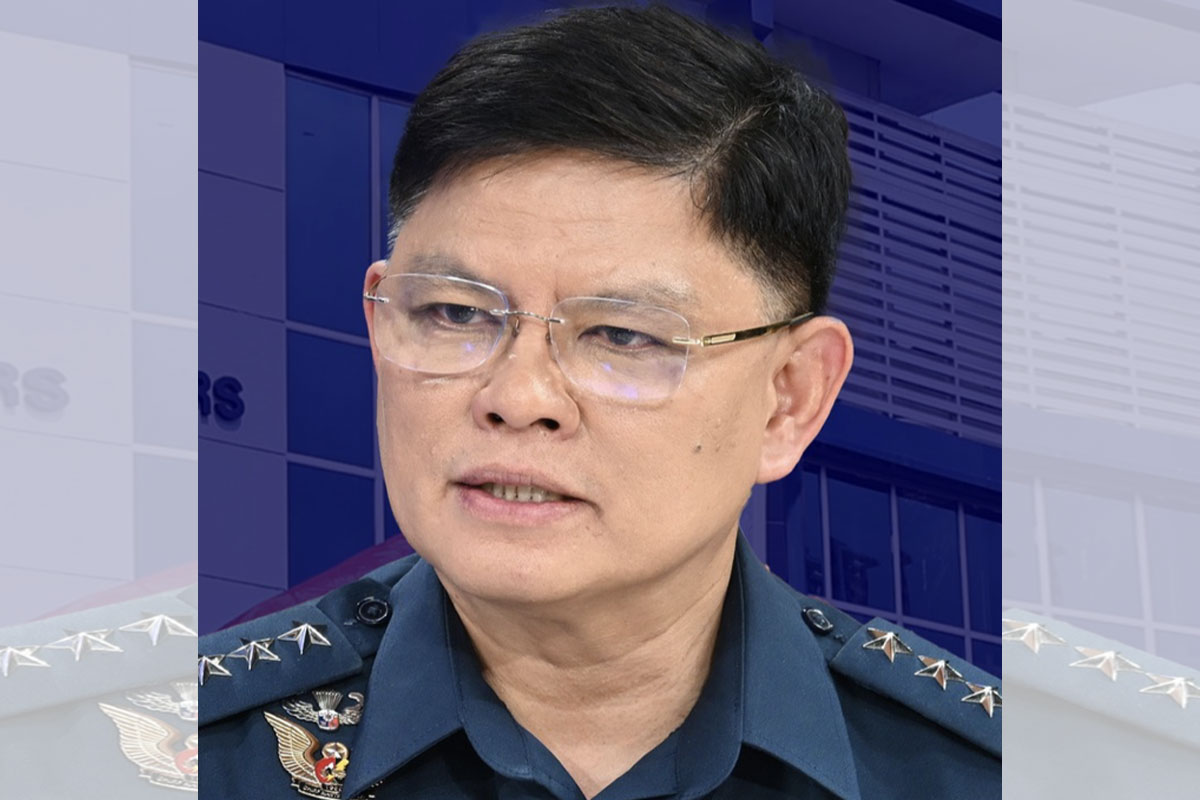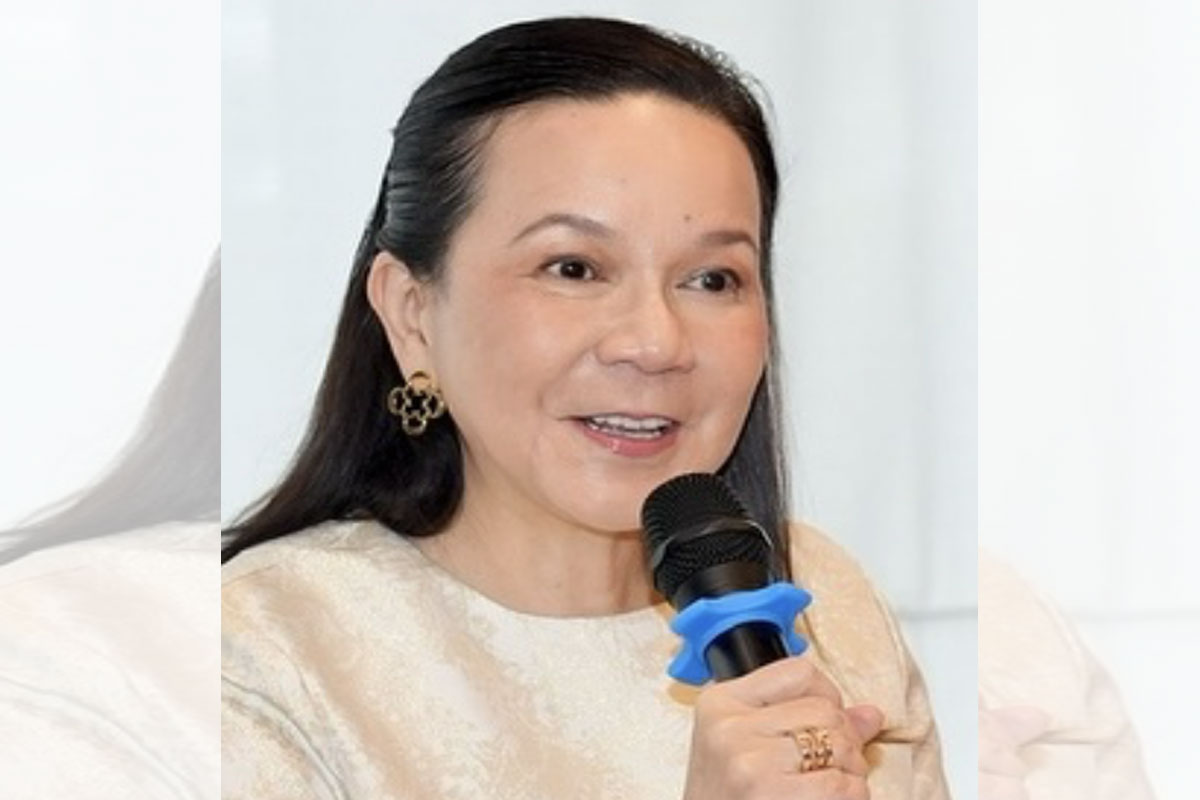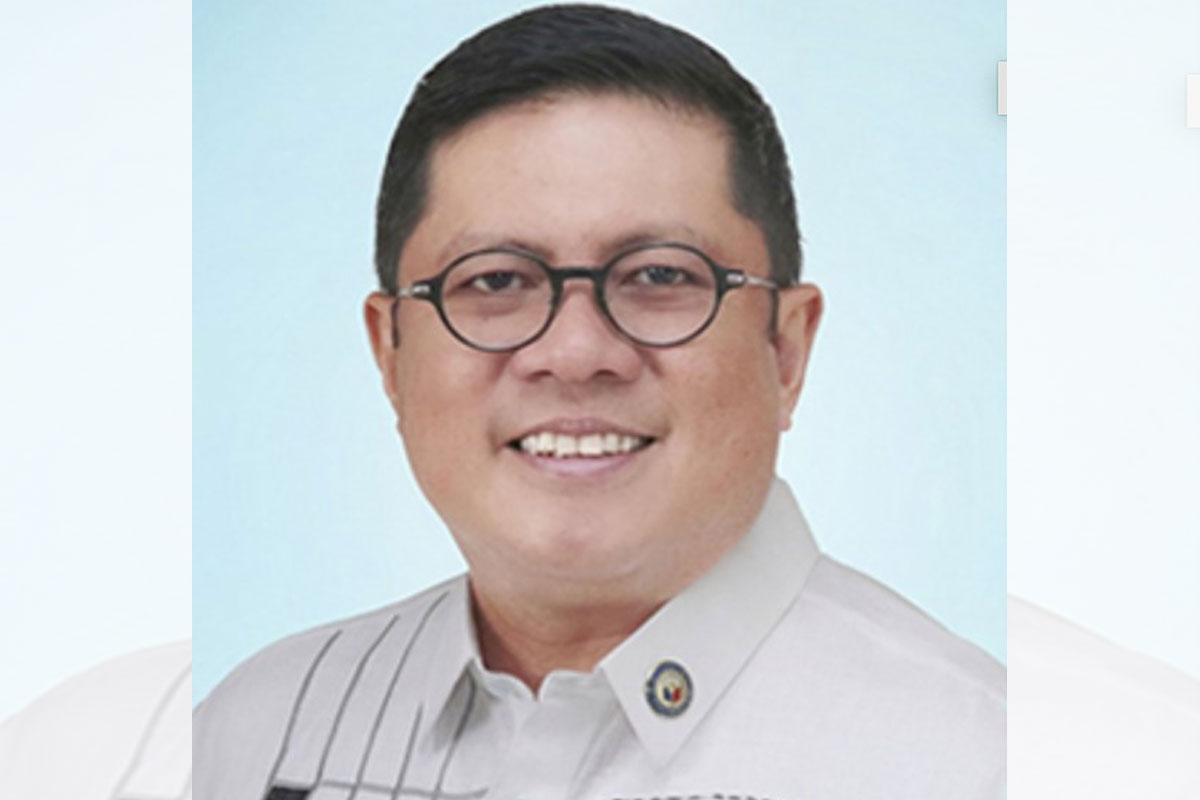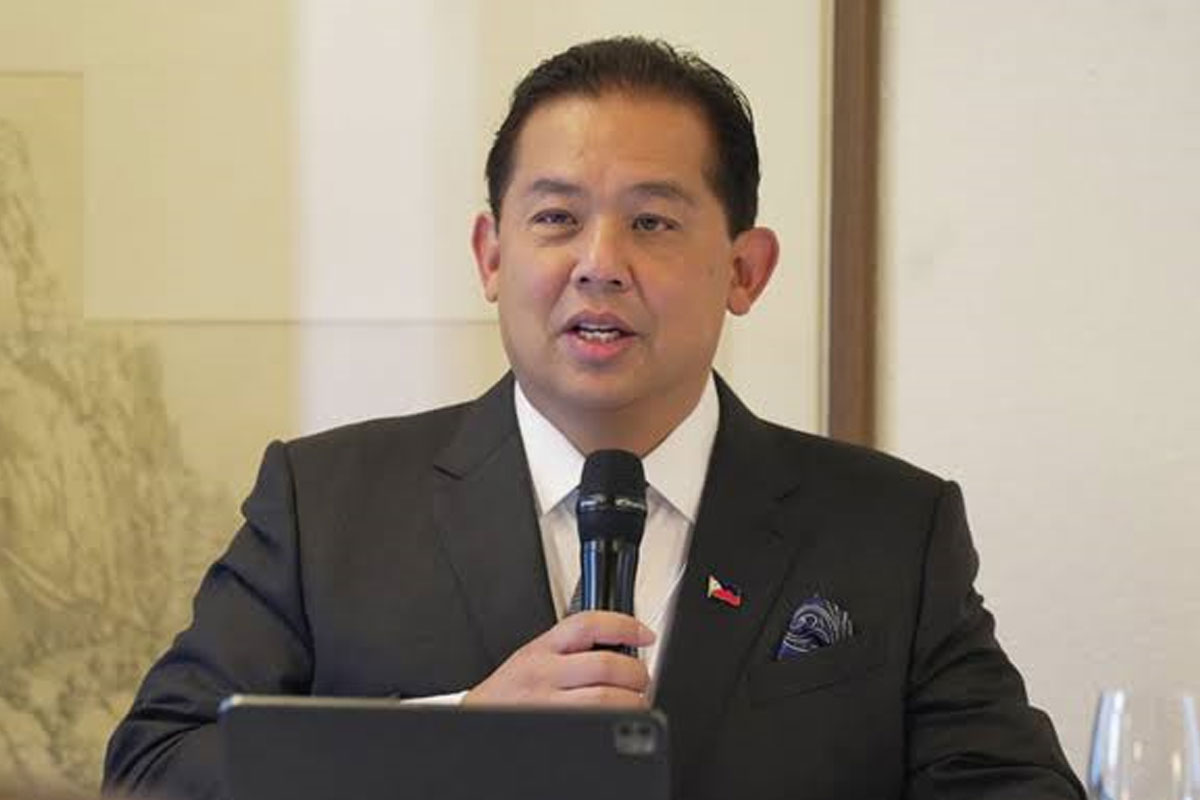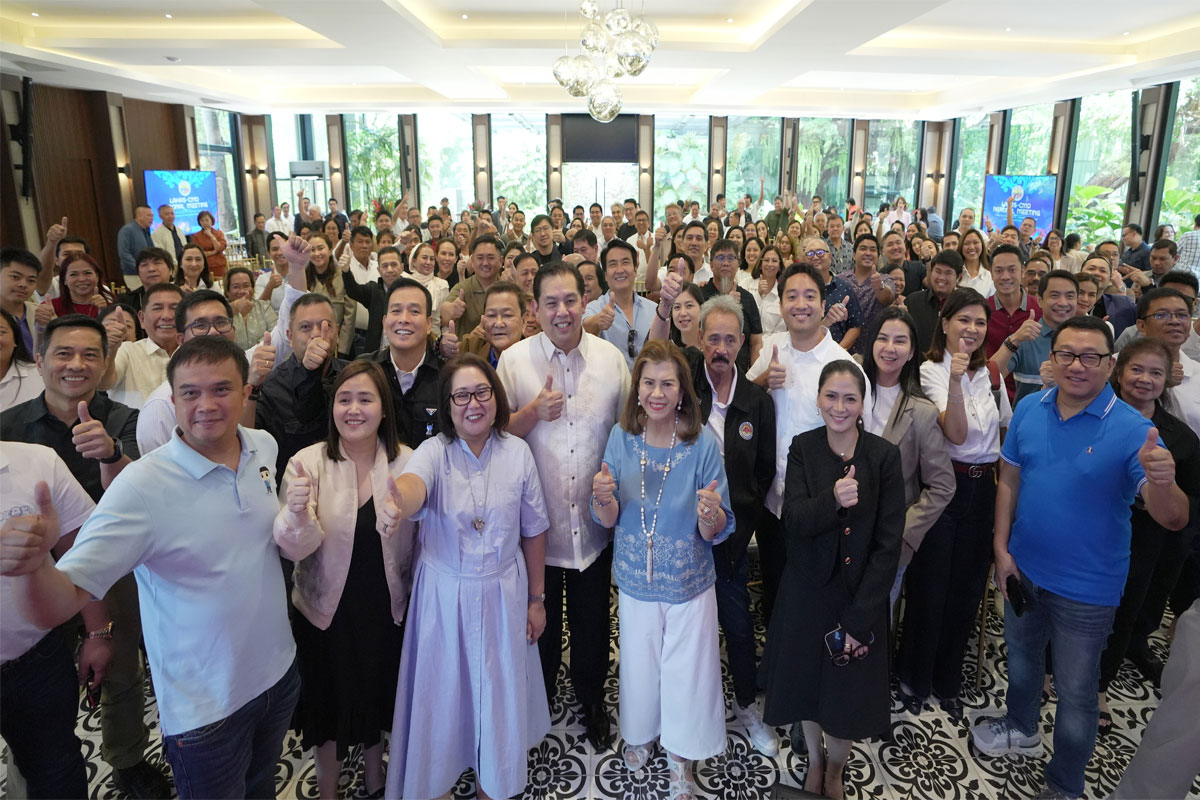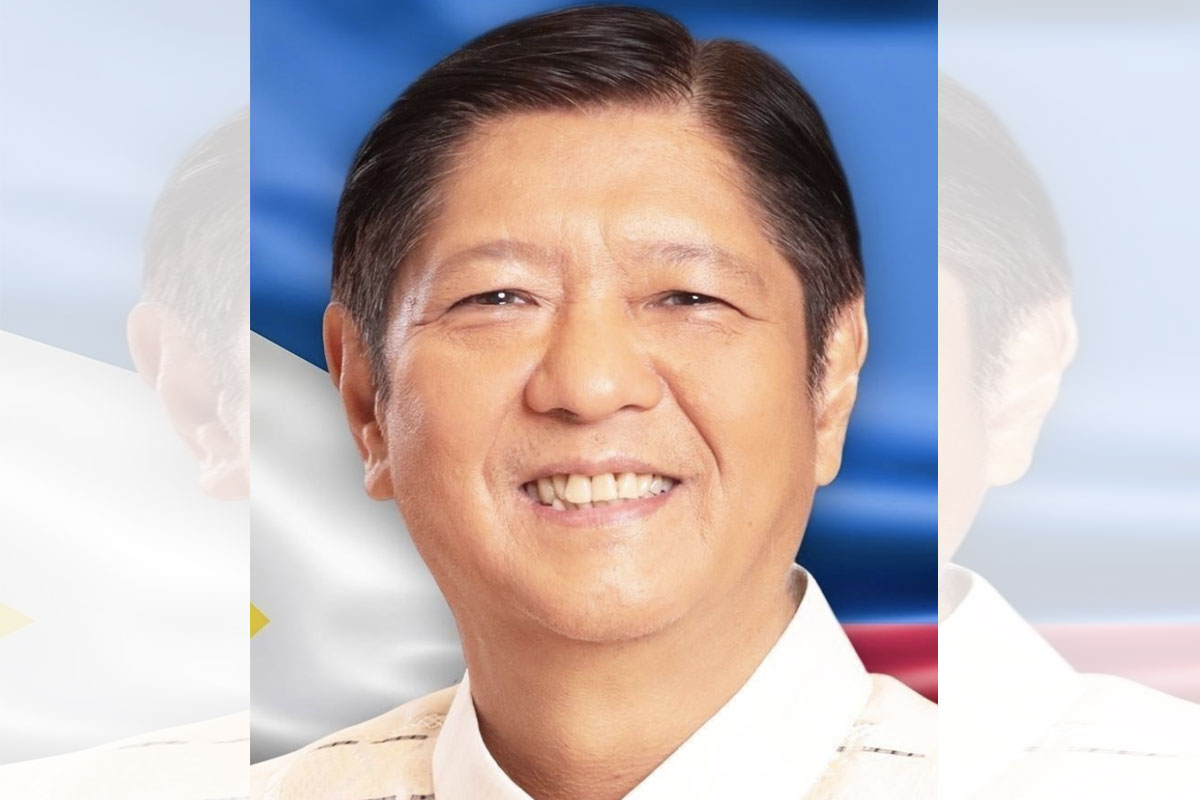
PBBM: Govt to rely on science-based approach to hike agri yields
PRESIDENT Ferdinand Marcos Jr. revealed his administration will adopt a science-based approach to rice farming to increase yield and establish “a sustainable rice value chain.”
In his speech delivered by Agriculture Secretary Francisco Tiu Laurel, Jr. during the Ugnay Palay: The 35th National Rice R4D Conference in Nueva Ecija, Marcos assured the government shall continue to give primacy to research and development to ensure a sustainable rice value chain.
“I am optimistic that all concerned government agencies, partners and stakeholders will continue to explore ways to enhance existing agricultural technologies to improve and strengthen the rice industry, in line with our goal of a food-secure nation,” he said.
Marcos further explained that the push for agricultural modernization will also focus on equally important sectors like livestock, poultry, fisheries and high value crops to ensure that affordable food items are readily available and accessible to Filipino consumers.
He also assured law enforcement agencies are ready to go after smugglers, hoarders and price manipulators of farm products to protect both consumers and farmers.
Laurel, meanwhile, told Ugnay Palay participants the government “is moving, with a sense of urgency” to widen irrigation coverage, set up more drying facilities and other infrastructures needed to boost rice yield.
“Ultimately, our aim is to minimize rice importation to achieve food security and sufficiency,” he said.
With improved rice harvest so far this year, the country has imported around 2.8 million tons, one million tons less than the volume of grains bought from abroad last year.
Minimizing imports of rice and other agricultural products, Laurel said, should also help improve the income of farmers and fisherfolk, create more jobs in a sector that already provides employment to one in every four Filipinos and reverse the shrinking trend of agriculture’s contribution to economic growth.
Many of the 10 million farmers and fisherfolk are considered poor. Around 2.4 million are involved in rice farming and many of them are already approaching their senior years.
“We hope to attract a new generation of farmers, researchers and innovators who will ensure the country’s food security in the years to come,” said Laurel.


